Prof. Greg J. Norman | The Wonderful World of Neuroscience | #166 HR
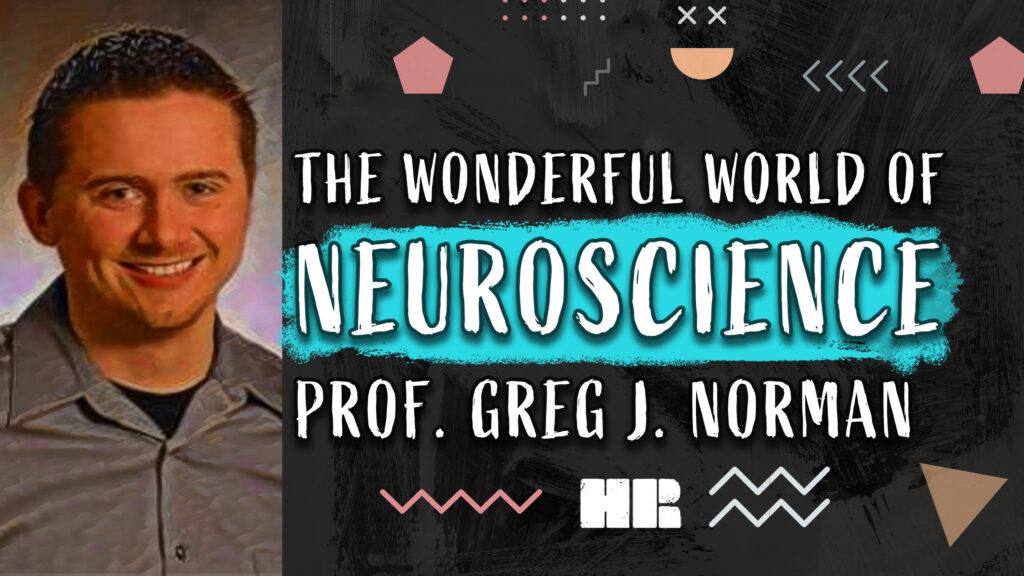
My Friend Professor Greg J. Norman delves into the fascinating world of neuroscience and its integration with psychology. He emphasizes the importance of studying the brain to understand the mind and how thoughts and behaviors are influenced by neural processes. Professor Norman’s research focuses on the relationship between social interaction and health outcomes, exploring how humans and animals respond to stressors in different social environments. He also discusses the impact of public speaking, stereotype threat, coping strategies, and stress responses on individuals. Additionally, he highlights the potential of AI and machine learning in analyzing neuroscience data and advancing our understanding of the brain. Overall, Professor Norman’s work aims to uncover the complexities of the mind and its connection to the social world to ultimately improve people’s lives.
Noah Khrachvik | Saving the World with MARXISM | Midwestern Marx #165 HR
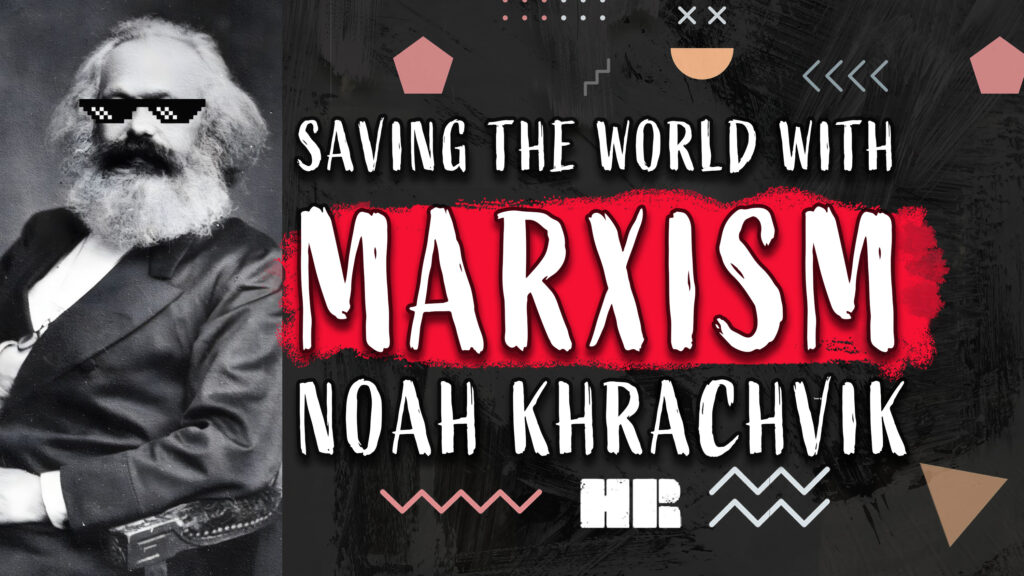
My Friend Noah Khrachvik, one of the co-directors of the Midwestern Marx Institute, discusses the motivations behind the institute’s founding, their focus on education and publishing, and the challenges they’ve faced due to social media algorithms and corporate influence. Noah shares his personal story of being raised in a family supportive of communism, and how witnessing injustices in the capitalist system motivated him to join the Communist party and work towards change. He critiques the profit-driven healthcare industry, highlights the failures of capitalism, and explains how Marxism offers insight into producing real change. Noah also addresses misconceptions about Marxism, such as the belief that it leads to totalitarian regimes, and discusses the injustices faced by communist countries like Cuba and Venezuela due to economic blockades imposed by the United States.
John Douglas Crawford Ph.D. | The Wonderful World of Neuroscience | #164 HR
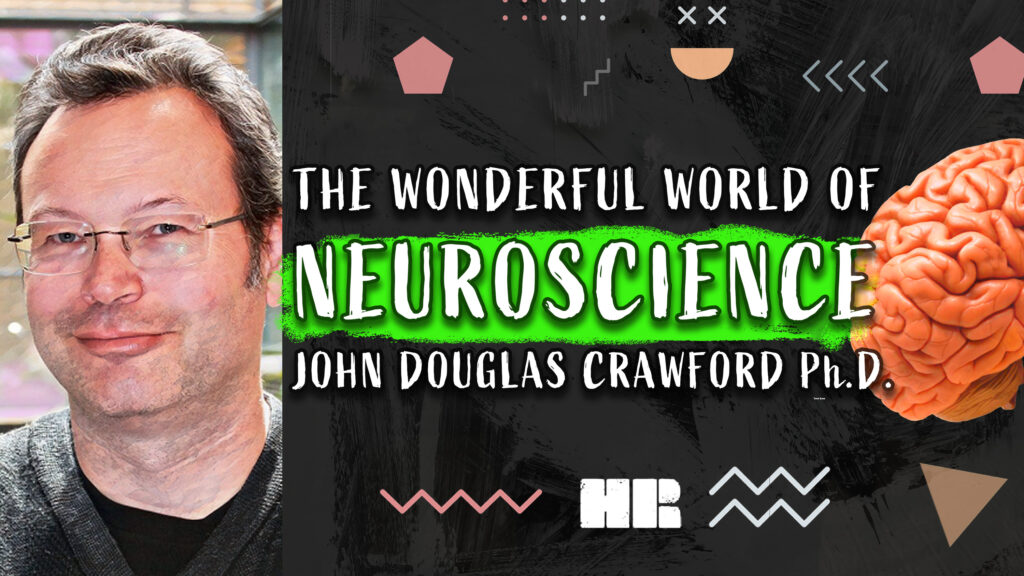
My Friend neuroscientist John Douglas Crawford, Ph.D., discusses his academic journey and early interest in neuroscience. He emphasizes the need to integrate the vast amount of knowledge in neuroscience to gain a comprehensive understanding of how the brain functions. Crawford also delves into his research on visual gaze control in 3D space, the clinical importance of brain areas that control eye movements, and the brain’s mechanisms for updating information when we move our eyes. He explores sensory motor coordination, the impact of neurological disorders on movement, and the study of direct brain damage to understand brain function. Crawford discusses the advantages of magnetoencephalography (MEG) compared to functional magnetic resonance imaging (fMRI) and highlights the application of artificial intelligence (AI) in neuroscience research. Overall, he expresses excitement about the future of neuroscience and the importance of continuous learning and experimentation in understanding the brain.
Dr. Gilles-Éric Séralini | The Truth About Glyphosate | Researcher & Author #163 HR
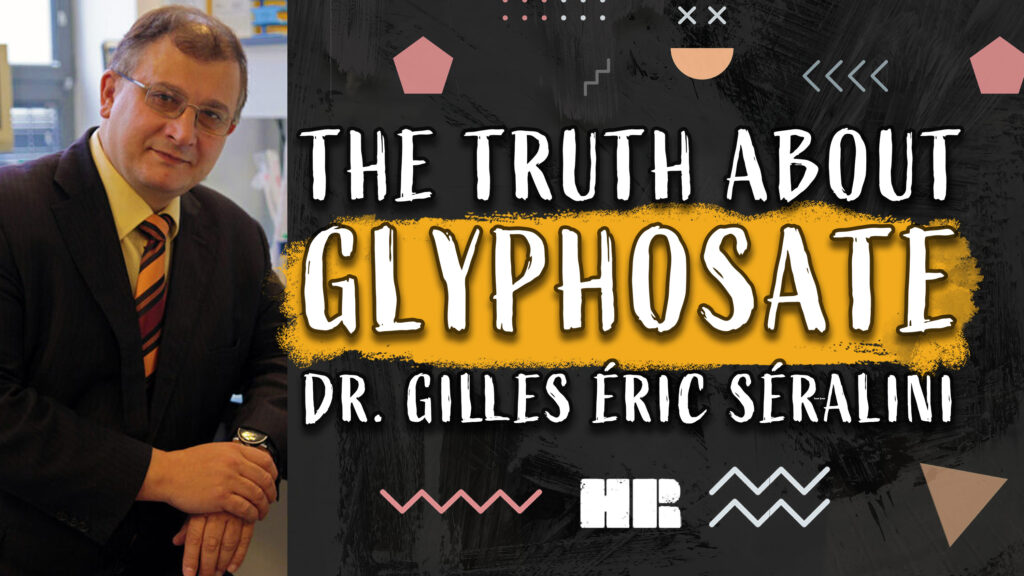
Dr. Gilles-Éric Séralini, author of “The Monsanto Papers,” discusses the history of toxic chemicals in agriculture and how secrecy surrounding their use has made it difficult for regulatory agencies to control their toxicity. He shares his research findings on the toxicity of pesticides found inside GMOs, including their link to chronic diseases. Dr. Séralini highlights the need to assess the safety of glyphosate in the context of its real-world usage, rather than in isolation. He also criticizes the influence of the chemical industry on search engine results and emphasizes the connection between endocrine-disrupting substances and microplastics. Additionally, Dr. Séralini sheds light on the fraudulent nature of the pesticide industry, the detrimental effects of industrial agriculture on biodiversity and climate, and the socioeconomic inequality perpetuated by the current agricultural system. He stresses the importance of preserving microbial biodiversity and warns of the harm caused by killing off essential microbes in our ecosystems.
Dr. Michelle Perro | The Truth About Glyphosate | Pediatrician & Author #162 HR
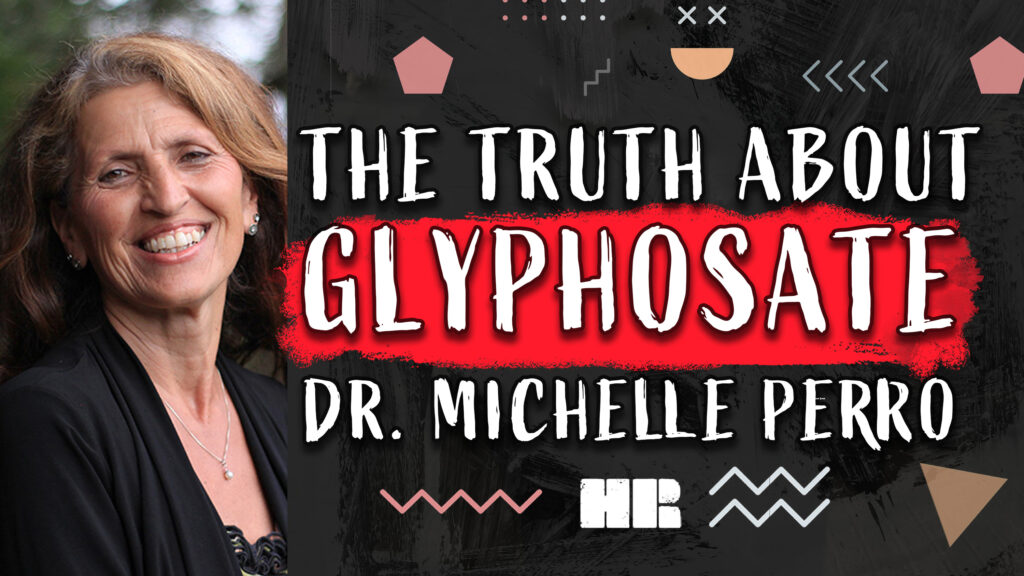
Dr. Michelle Perro, a pediatrician and advocate for pediatric health, shares her journey of discovering the harmful effects of pesticides, particularly glyphosate, on children’s health. She explains how glyphosate acts as an antibiotic, disrupts the microbiome, acts as an endocrine disruptor causing metabolic dysregulation, and binds essential minerals needed for brain function.
Dr. Perro emphasizes the importance of eliminating pesticide use and improving soil quality for healthier, nutrient-rich food. She discusses the need for regenerative organic agriculture and supporting local farming, as well as the importance of using food as medicine and adopting a vegan lifestyle.
Dr. Perro also criticizes the pharmaceutical industry for potential adverse effects on children and emphasizes the importance of addressing the root causes of health issues. She highlights the link between industrial food, glyphosate exposure, and chronic illnesses in children and adults. Dr. Perro discusses the impact of glyphosate on gut health and mental health disorders, as well as the need for regulating lobbying and industry influence.
She also addresses biases in scientific studies conducted by industry-funded organizations and emphasizes the role of nutrition in disease prevention. Dr. Perro further highlights the various environmental toxicants harming children and calls for a Bill of Rights for children’s access to clean air, water, and food. She expresses her optimism for change and aims to provide affordable and downloadable information to empower parents in taking control of their children’s health.
Dr. Jeffrey Mogil | The Science Of Pain | Neuroscience #161 HR
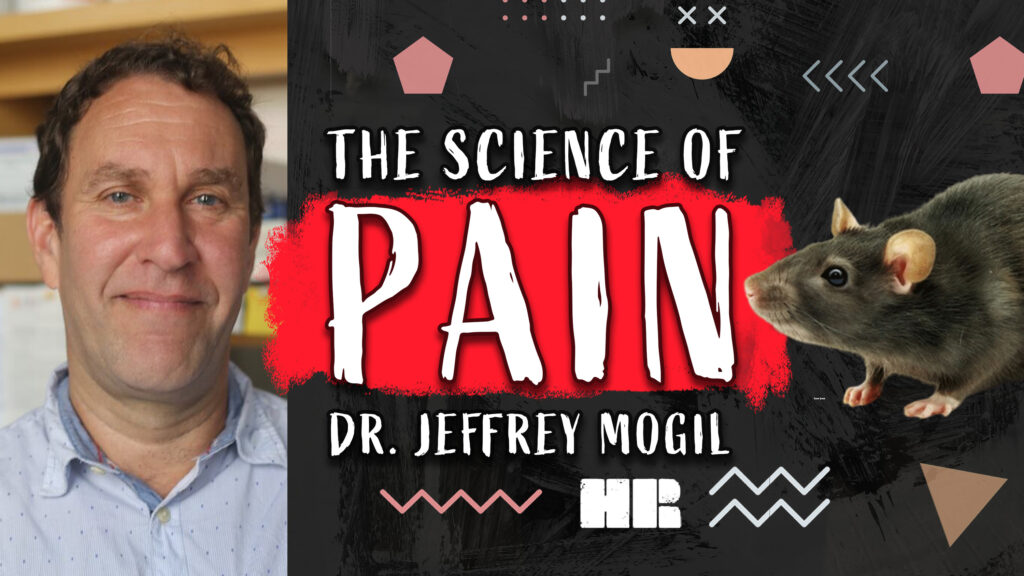
Dr. Jeffrey Mogil discusses the use of live animals in scientific research and the potential for alternative methods using computer models. He explains the difficulty of programming a computer to react like a biological system without a complete understanding of how the system works. He also discusses the use of AI in his research, specifically in training a machine learning algorithm to detect pain in mice based on facial expressions. Additionally, Dr. Mogil emphasizes the importance of measuring spontaneous pain in pre-clinical pain research and explains that current drugs for managing chronic pain have limited efficacy and serious side effects. He believes that the field of pain research is at a point of rapid progress and expects significant advancements in the next few decades.
Professor Deana Rohlinger | How Our Media Shapes Humanity | #160 HR
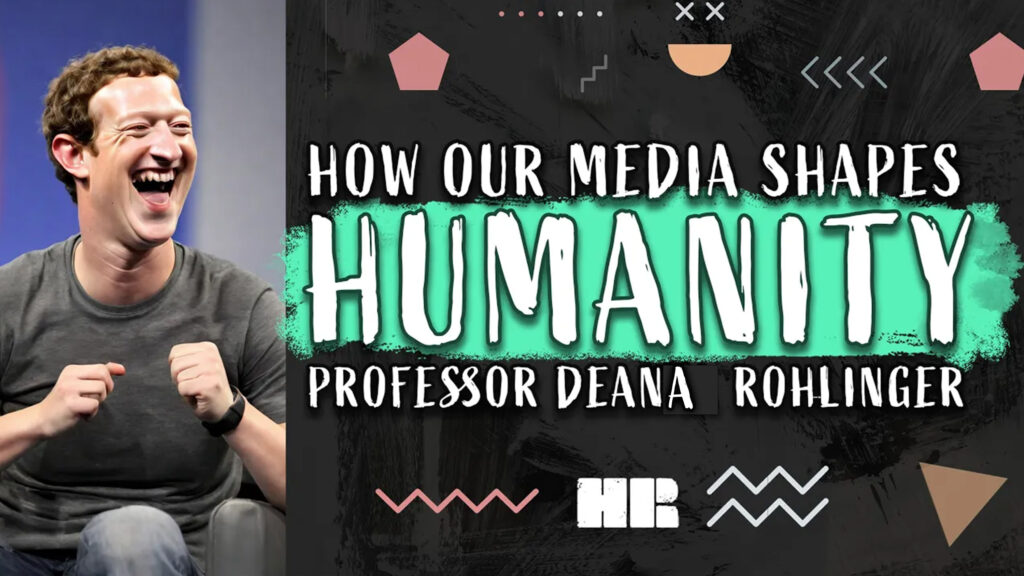
Professor Deanna Rohlinger discusses in this video how our media shapes humanity and its impact on various aspects of society. She explores the positive and negative effects of new media technologies, how they have affected education and religion, and the issues surrounding privacy and surveillance. Rohlinger also examines the role of technology in documenting and challenging law enforcement, the changing nature of work with the rise of digital media, and the influence of social media on politics. Lastly, she delves into how media shapes our perception of others, particularly in the context of the abortion debate, and the strategies used by different interest groups to sway public opinion.
Dr. Thava Palanisami | Are We Really Eating Microplastics? | #159 HR
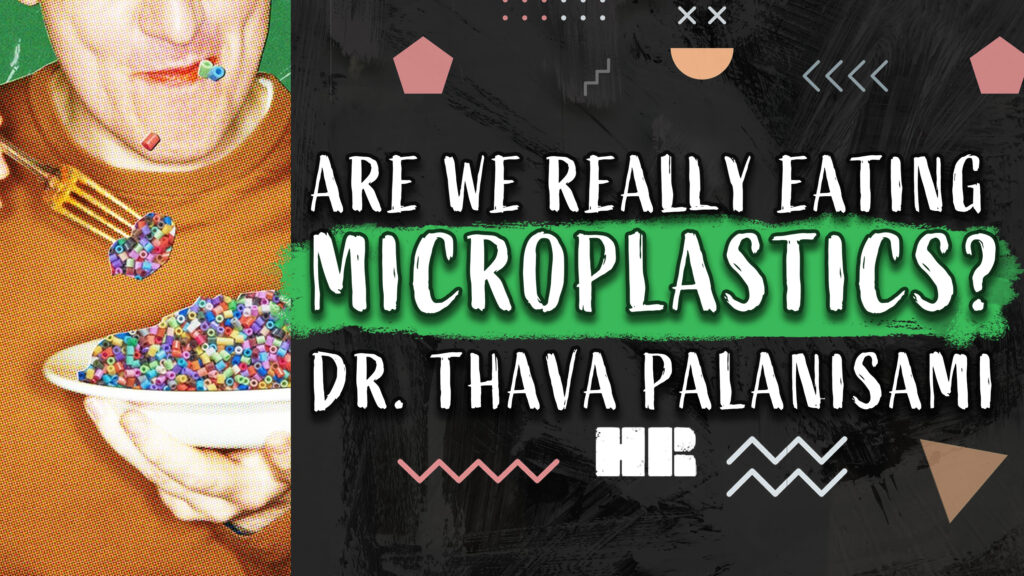
Dr. Thava Palanisami discusses the presence and potential risks of microplastics in our environment and diets. He highlights the need for responsible plastic disposal and the development of viable alternatives. He emphasizes the pervasiveness of plastics, their breakdown into smaller particles known as microplastics, and their potential toxicity. Dr. Palanisami discusses the importance of understanding the impact of microplastics on our health, particularly for vulnerable groups, and calls for research on the effects of plastic exposure. He also discusses the challenges in measuring plastics in environmental and human samples and highlights the development of technology to remove microplastics from water.
Survival of the Richest | A Conversation with Douglas Rushkoff | #158 HR
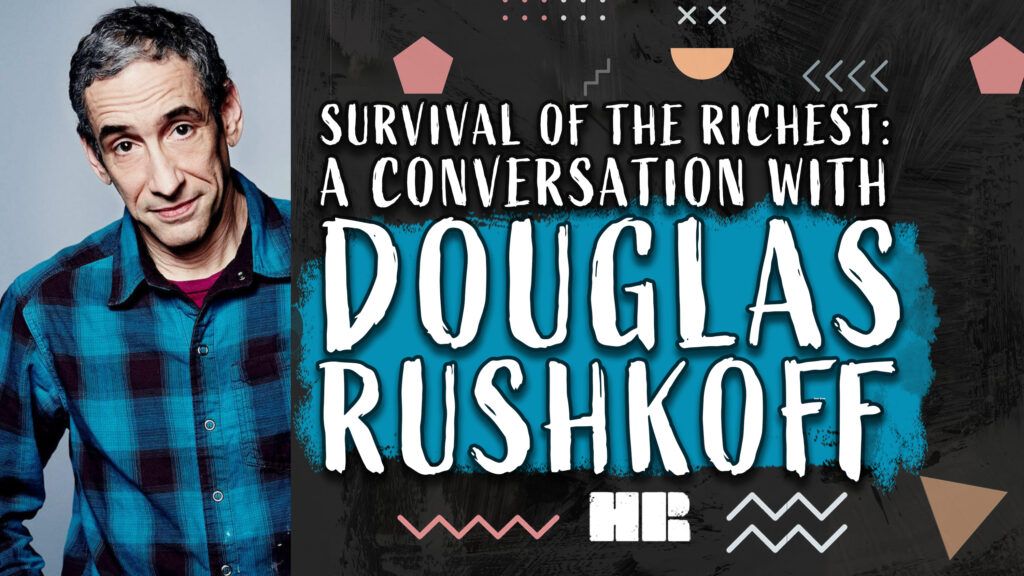
My friend Douglas Rushkoff stops by to discuss billionaires, psychedelics and technology. We discuss his most recent book which he tells the true story of being asked by billionaires how to survive Armageddon. We also talk about the abstract value money has in the modern world. We also take the time to gripe about tech bros, the environment and Libertarianism. This is a hilarious and enlightening conversation with a brilliant human being!
Dr. April Khademi | Artificial Intelligence in Medicine | Biomedical Engineering #157 HR
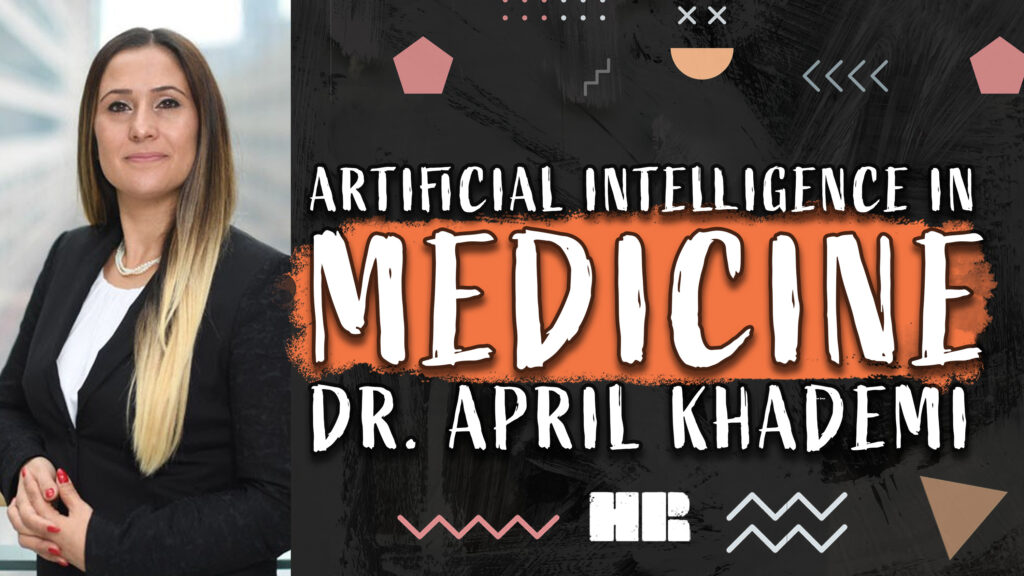
My friend Dr. April Khademi is a brilliant and trailblazing mind in the field of medical image analysis and machine learning.
With a passion for pushing boundaries and revolutionizing healthcare, she is constantly at the forefront of groundbreaking research and technological advancements.
Known for her exceptional expertise and innovative thinking, Dr. Khademi has earned her place as an Assistant Professor at Ryerson University, where she inspires and guides the next generation of aspiring medical professionals and data scientists.